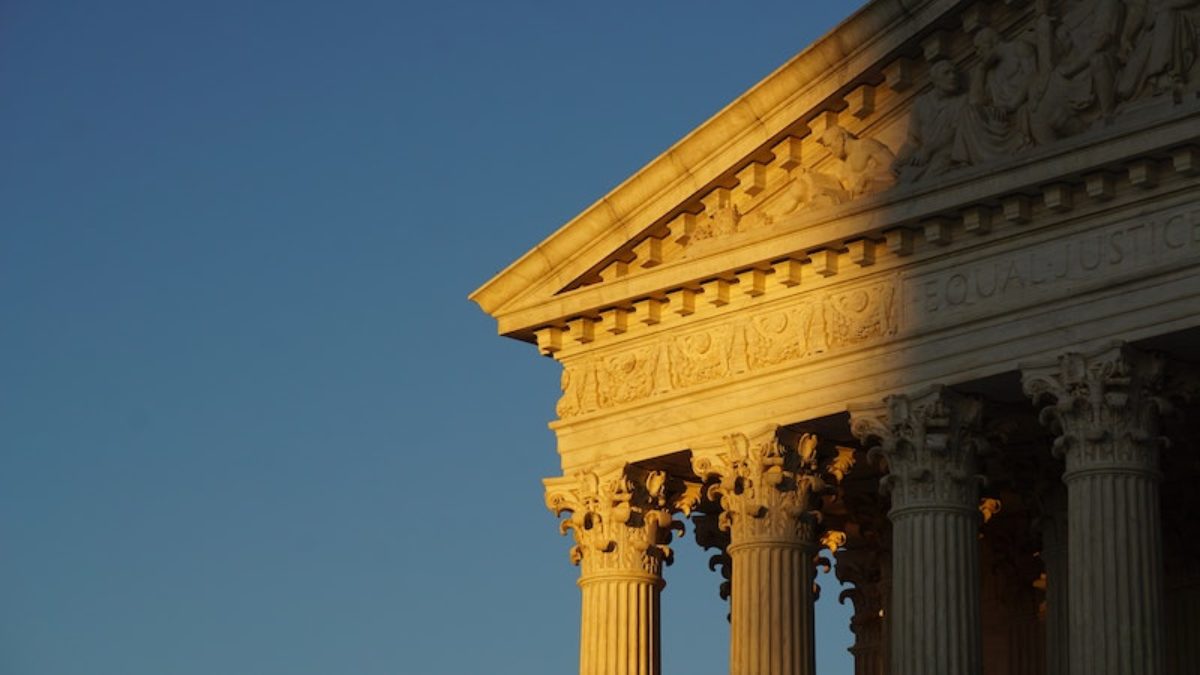Supreme Court Ruling Affirms the Importance of Donor Privacy
The U.S. Supreme Court last week delivered a win for donor privacy.
The court ruled 6-3 that the California Attorney General’s requirement that nonprofits disclose the names of their major donors is unconstitutional, based on the First Amendment’s freedom of association.
The case, Americans For Prosperity Foundation v. Bonta, Attorney General of California, joined with Thomas More Law Center v. Bonta, centered on a requirement from the California Attorney General that nonprofits operating or fundraising in the state submit their full 990 tax return, including Schedule B, as part of the annual registration renewal process. Schedule B is the list of donors who give more than $5,000 or 2% of a nonprofit’s annual budget and includes the donors’ names and addresses.
The nonprofits filed suit in the Central District of California, claiming that the disclosure requirement violates the First Amendment freedom of association, exposing their donors to risk of harassment.
Both the nonprofits have received death threats, harassment and even instances of physical assault due to their work around conservative principles and causes such as free markets, civil and religious liberties, free speech, family values and the sanctity of human life.
Of note is that the concern for donor privacy isn’t unique to conservative groups. When the case made its way to the Supreme Court, hundreds of nonprofit organizations from across the ideological spectrum filed amicus briefs in support of the petitioners.
Writing for the majority, Chief Justice John Roberts summed up the importance of donor privacy: “When it comes to the freedom of association, the protections of the First Amendment are triggered not only by actual restrictions on an individual’s ability to join with others to further shared goals. The risk of a chilling effect on association is enough…”
The “chilling effect” on the freedom of association refers to the fact that donors may hesitate to give to certain nonprofit organizations or causes if they know their contributions could become public knowledge.
The court agreed that the state has an interest in policing and preventing charitable fraud, but ruled it can obtain needed information in other ways that better protect donor privacy. (Read Austin Detwiler’s Philanthropy Daily article for excellent commentary on this point and of the criticism of the Supreme Court’s ruling.)
I’m grateful for the court’s decision. It seems to me that in the current moment of polarization and extremes on the right and the left, it’s important to protect donors’ freedom to give to the nonprofits they want to support, without unnecessarily exposing them to harassment or intimidation.
Photo by Ian Hutchinson on Unsplash
Share this Post
Published July 8, 2021
Topics: Culture Commentary

